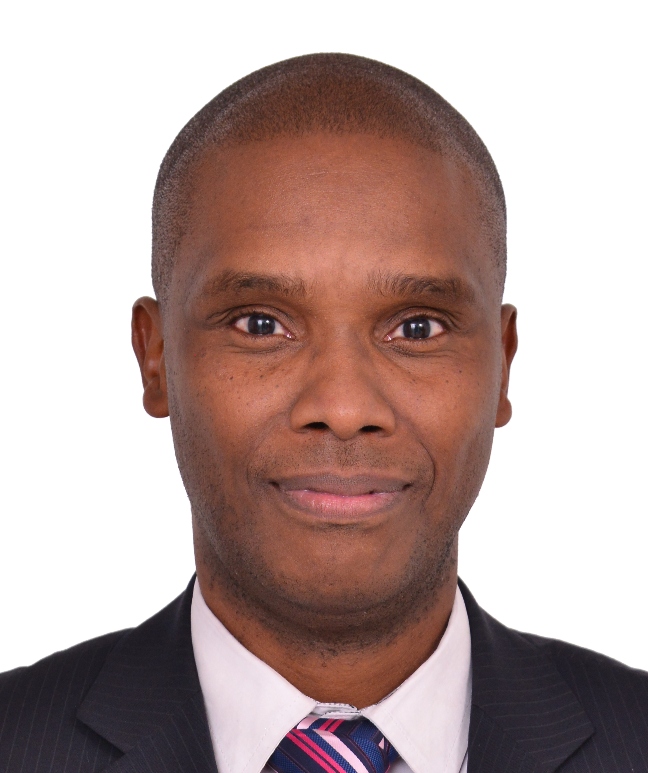By Amos Mzenge
The holiday season is nearly over, and the air is buzzing with the energy of a fresh start. It’s the perfect time to ditch the “out with the old, in with the new” mentality and actually apply it to your finances. Let’s be honest, those holiday splurges can leave a dent in even the most well-intentioned budgets. But fear not! This is your chance to hit the reset button and build a stronger financial future.
Forget about drastic overhauls and unrealistic resolutions. Instead, focus on small, sustainable changes that you can actually stick to. Start by honestly evaluating your spending habits. Where did your money go this past month? Did those extra trips to the “mutura” vendor add up? Were those weekend getaways within your budget? Did that impulse online shopping spree leave you feeling regretful? Be honest with yourself, even if it stings a little. This self-reflection is the first step towards gaining control of your finances.
Next, create a realistic budget. Forget those rigid spreadsheets and embrace a budgeting method that works for you. The 50/30/20 rule (50% needs, 30% wants, 20% savings and debt repayment) is a popular starting point, but feel free to customize it. The key is to track your spending, identify areas for improvement, and allocate funds for your financial goals. But don’t just create a budget and forget about it. Regularly review and adjust it as needed. If you have a salary increase within the year, review your allocation and maybe increase your savings allocation. Remember that the 50/30/20 ‘rule’ is just a guideline. You could decide to spend 40 per cent on needs and 30 per cent on saving and investing.
TSC set to start fresh transfer of teachers
This year, endeavor to always pay yourself first. This is made easy by automation. Schedule automatic transfers to your savings and investment accounts. This “pay yourself first” approach ensures you uphold the discipline to consistently save, even when life gets busy. You could set up a standing order with your bank or other channels that you see fit. Allow deductions into your Money Market Fund or SACCO and pension accounts. This allows you to save up for emergencies, investing and retirement.
While navigating your financial journey, consider seeking guidance from a qualified financial advisor. They can provide personalized advice tailored to your specific needs and circumstances. A financial advisor can help you create a comprehensive financial plan, identify potential risks, and make informed investment decisions.
Finally, remember that financial wellness is a journey, not a destination. Celebrate your small victories, learn from your setbacks, and don’t be afraid to adjust your plan along the way. This year, let’s make a conscious effort to build healthy financial habits that will last a lifetime. Happy New Year, and may your financial journey be filled with success and prosperity!
Mr. Mzenge is the Manager, Enwealth Capital Limited









